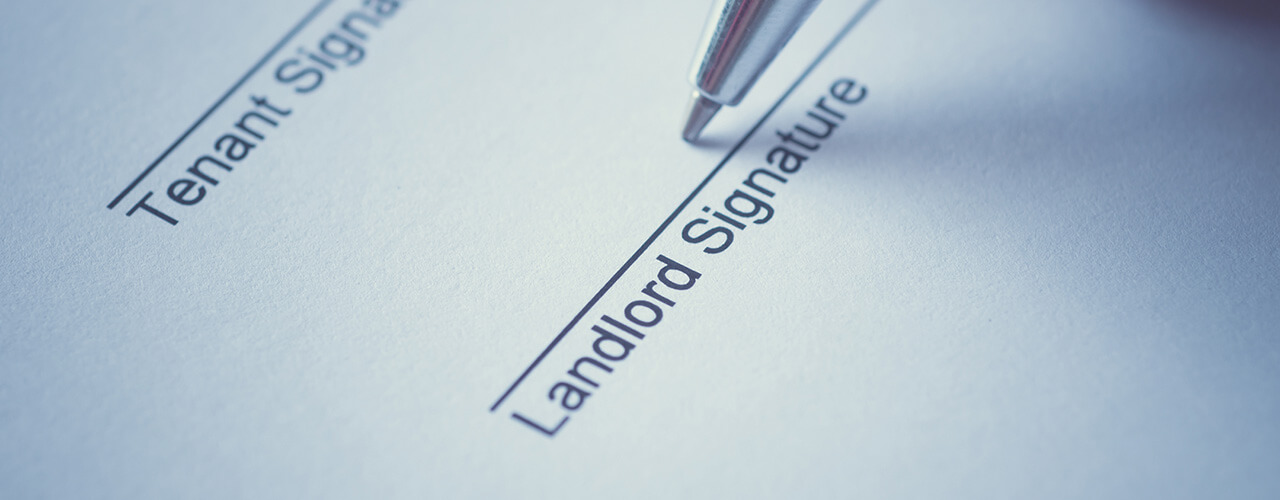We’re continuing with our series of descriptive articles through which we aim to provide thorough definitions of some of the most popular terms used in the commercial real estate industry. Today we’ll clear the air on ground leasing, a basic and essential element of numerous commercial real estate deals.
Following some exhaustive research, we’ve compiled a list of the basic concepts involved in ground leasing, from the types of existing leases to their respective advantages and disadvantages. We’re presenting the pros and cons of ground leasing, considering both parties of the bargain, and describing it not only from the lessor’s but also from the lessee’s perspective. Read on to find out more:
The definition of a ground lease
A ground lease is a mutual agreement between a landlord and a tenant, which establishes the exact circumstances and conditions of the leasing of a piece of land (for this reason it’s often referred to as a land lease). Basically, the tenant leases the land from the owner for quite a long time (usually between 50 and 99 years), during which they build a development on the site and can use the land freely, in line with the specifications of the contract.
Typically, the ground lease indicates that once the lease is up, all improvements made on the owner’s land belong to the landlord. In such instances, the landlord can opt for selling the entire property, perhaps for a higher price than its original worth. Exceptions to this rule can be created if both parties mutually agree on different terms. For example, there are times when all taxes are dealt with by the tenant instead of the land owner, until the lease is up.
Ground leases are usually of two kinds: subordinated and unsubordinated. We explain here what the difference between them is and which can support your business needs and development plans.
Subordinated ground leases
Generally a tenant needs to take on debt in order to finance the construction of a development. In the case of a subordinated ground lease, the landlord consents to lower priority of claims on the property, offering the title to the land as collateral for the construction loan of the lessor. This way the land owner receives a significant stake in the developer’s project. Since the risk is higher for the landlord because of tenant default, the monthly rent tends to be higher than in unsubordinated ground leases.
This type of ground lease has huge financial advantages for the tenant, since plenty of money is saved upfront and rental payments are completely tax deductible since they’re considered a business expense. Land owners, in exchange, enjoy a steady income flow from the rent and also have some say in the matter in which a lessor uses the land.
Unsubordinated ground leases
Unsubordinated ground leases, on the other hand, propose that the landlord maintains his or her primary position in the asset claims hierarchy. This also means that if the developer does not pay back the loan, the lessor cannot take back the ownership of the land. In the case of unsubordinated ground leases, monthly rents are generally lower than in the previous agreement, since the risks for the land owner are much lower.
Advantages and disadvantages of a ground lease agreement
Tenants have a much easier job building the development complex of their dreams on leased lands. This is mostly due to the fact that one can enjoy a prime location in some of the most desirable areas of a city, where otherwise it would be near impossible to own even a small piece of land. Another advantage is that the down payment required for most land purchases is not needed in this case. Thus, the tenant is left with more cash, which they can use however they wish, as they take advantage of the comparatively smaller upfront equity in their investment.
On the downside, however, it’s worth noting that when the lease is up, the tenant needs to hand over everything they’ve built to the landlord—this is a key part of the ground lease deal.
The landlord is the beneficiary of a generous and, most importantly, steady stream of income, enjoyed throughout the term of the ground lease. The owner is further protected by a special clause concerning eviction rights if the tenant proves to be unsuitable, as well as an escalation clause which ensures the gradual increase of rent in time. The best benefit, however, is the fact that at the end of the lease term the landlord gets back complete ownership of the land along with the development which has been constructed on its grounds, which they can then sell if they wish.









